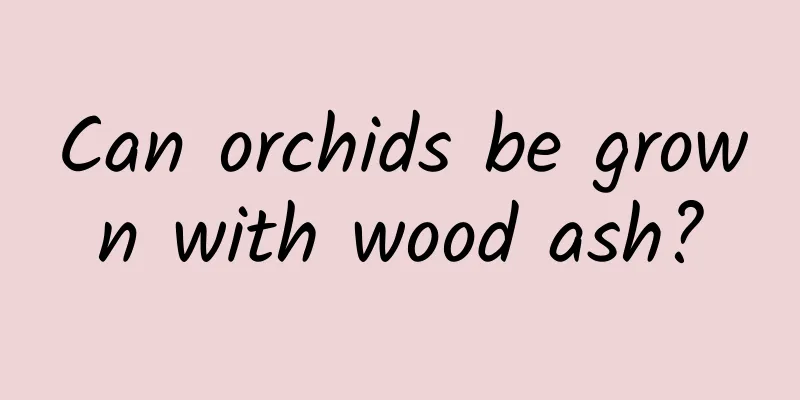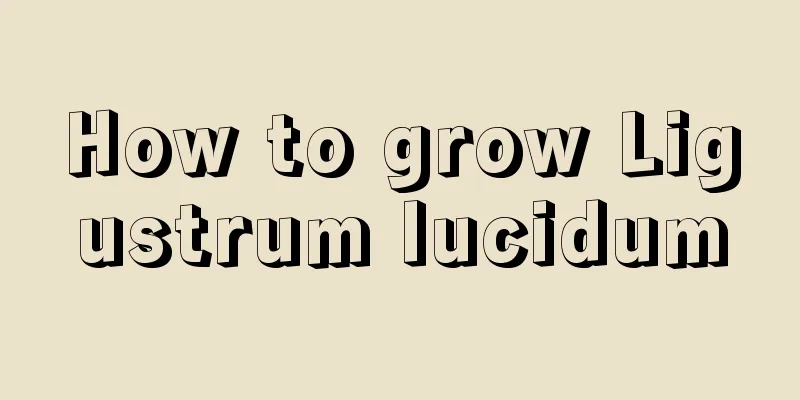Ten trees you shouldn’t plant at home

1. MulberryThe word “桑” in “mulberry tree” has the same pronunciation as “丧” (sang), which is extremely unlucky and will have a bad influence on the family, so mulberry trees cannot be planted at home. However, there are also many places that like to grow Mulberry, such as the famous Sangzi Township, and it has not produced any bad effects. 2. WillowIn ancient times, willow trees were a metaphor for separation, so in many people's minds, planting willow trees at home will lead to family separation, which is very unlucky. Moreover, in spring, willow trees will have flying catkins all over the sky, which is not good for the health of your family. also. Generally, funeral sticks are made of willow branches, and willow trees are usually planted behind the graves as money trees, so it is considered a bad omen. 3. Peach TreeAlthough peach wood has the effect of warding off evil spirits, peach trees and peach wood are different and cannot be confused. From the perspective of Feng Shui, peach trees can easily attract evil spirits. If you plant a peach tree at home, it will bring bad luck and be detrimental to your family. Peach blossoms can easily bring bad peach blossoms to family members, which will affect the family's feelings. 4. PoplarThe leaves of the poplar tree are broad, and when the wind blows they make a clapping sound, so it is also called ghost clapping. Especially at night, it is easy to attract dirty things, which will affect the health of family members and bring bad luck to the family. 5. Banyan TreeIt is not suitable to plant banyan trees at home. As the saying goes, banyan trees do not tolerate people, so banyan trees are unlucky from the perspective of feng shui. Banyan trees have a well-developed root system and grow quickly. The roots will extend from the ground into the building, causing the house to become unstable. Therefore, they are rarely planted at home. 6. Pine and CypressAlthough pine and cypress are evergreen all year round, they are basically not planted at home. Because pine and cypress are generally used on acres of land and their meaning is not good, it is not recommended to plant them at home. 7. Sophora japonicaSophora japonica trees are not suitable for planting at home because according to Feng Shui, there are ghosts in the wood. The ancient Sophora japonica trees in many areas are very evil and their branches and leaves cannot be easily pruned, otherwise people will get sick. 8. Albizia JulibrissinThe Albizia Julibrissin is also called the ghost tree, which easily attracts ghosts, so it is not suitable to be planted in the courtyard. They are generally used as street trees and greening trees. 9. Banana TreeFrom the perspective of Feng Shui, banana trees are not suitable for planting at home. Because of its large size, it will affect the fortune of the family, especially their health and wealth. Banana trees have strong yin energy, which can cause the feng shui environment to deteriorate. 10. Plum TreeThe "mei" in "plum tree" has the same pronunciation as "mei", which has a bad feng shui meaning. From the perspective of feng shui, it is not only likely to attract all kinds of bad luck, but is also not conducive to family harmony and can easily cause emotional breakdown. |
<<: Folk sayings about aloe vera flowering
>>: How to make tea with dried gardenia
Recommend
What to do if kumquats don’t bear fruit
Too much water and fertilizer The reason why kumq...
How to prune dahlias
1. Pruning branches Prune dead and diseased branc...
The breeding methods and precautions of Liubeili
The breeding method of six times profit Pot soil ...
Planting method of Amorpha fruticosa
1. Land preparation When planting Amorpha frutico...
Disease and Pest Control of Verbena Slenderleaf
1. Powdery mildew This disease mainly harms the l...
Can pig manure be used as flower fertilizer?
Pig manure as flower fertilizer Pig manure can be...
How to cultivate ground lotus?
The ground orchid gives people a feeling of magni...
What kind of fish is suitable for the lotus tank?
1. Betta The planting environment of lotus is poo...
When is rapeseed harvested?
The best time to harvest rapeseed is in summer an...
What fertilizer to use for money tree
The money tree prefers a moist and warm growing e...
Should I cut off the yellowing leaves of the green radish?
1. Reasons During the growing season, the green r...
How and when to plant large-leaf chrysanthemum? What is the best season to plant it?
Suitable planting time for Artemisia chrysanthemu...
What to do if the leaves of Osmanthus fragrans turn yellow
1. Soil This is a plant that likes slightly acidi...
What are the requirements of orchids for flower pots?
1. Requirements for orchid pots 1. Good air perme...
Cultivation methods and precautions of Campanula
1. Maintenance methods 1. Temperature: The temper...









